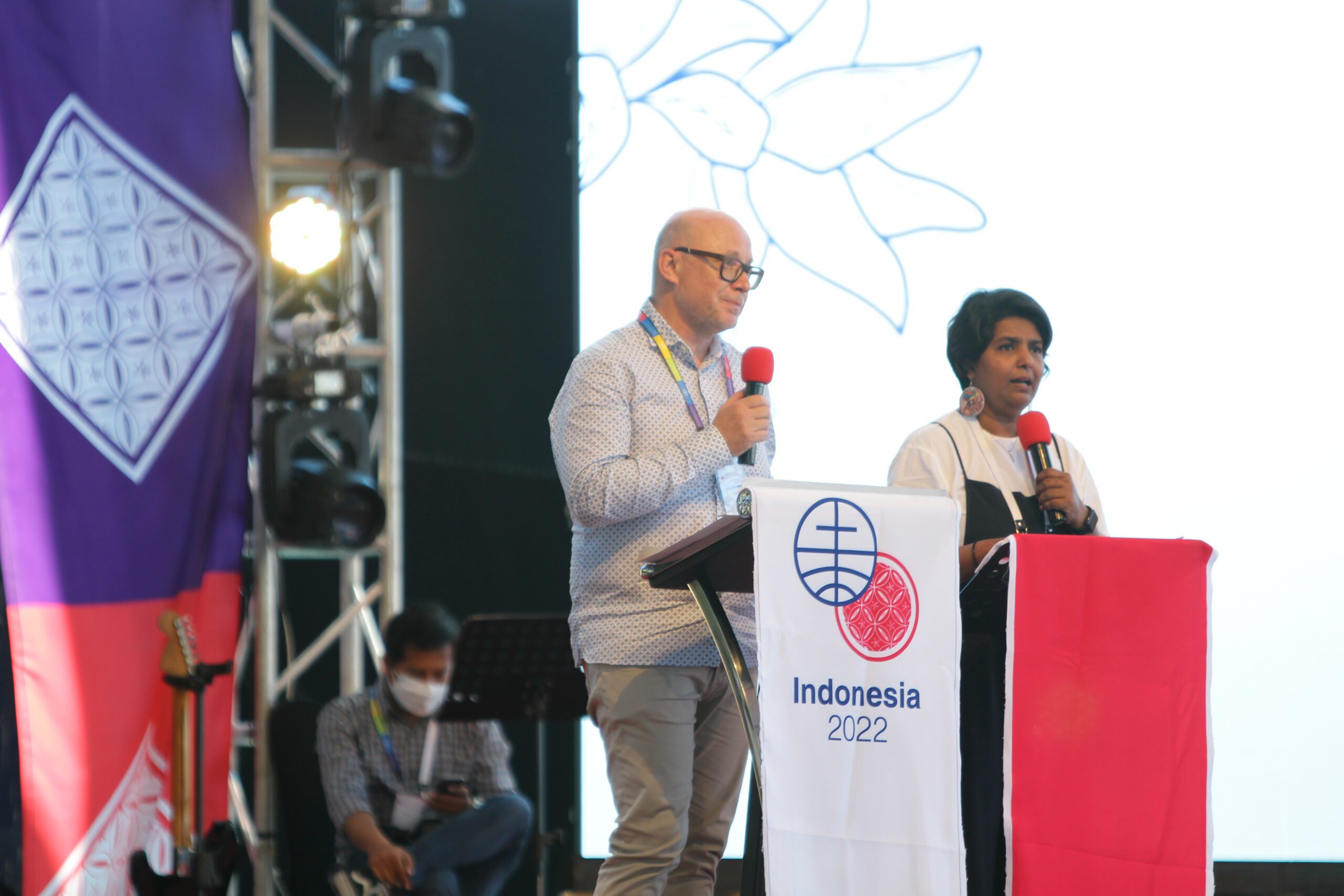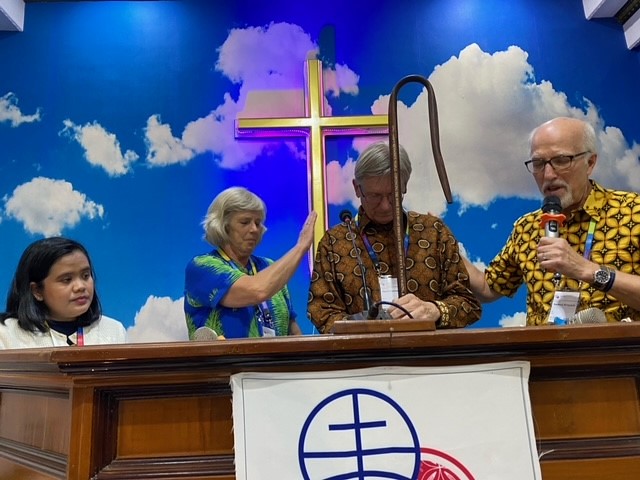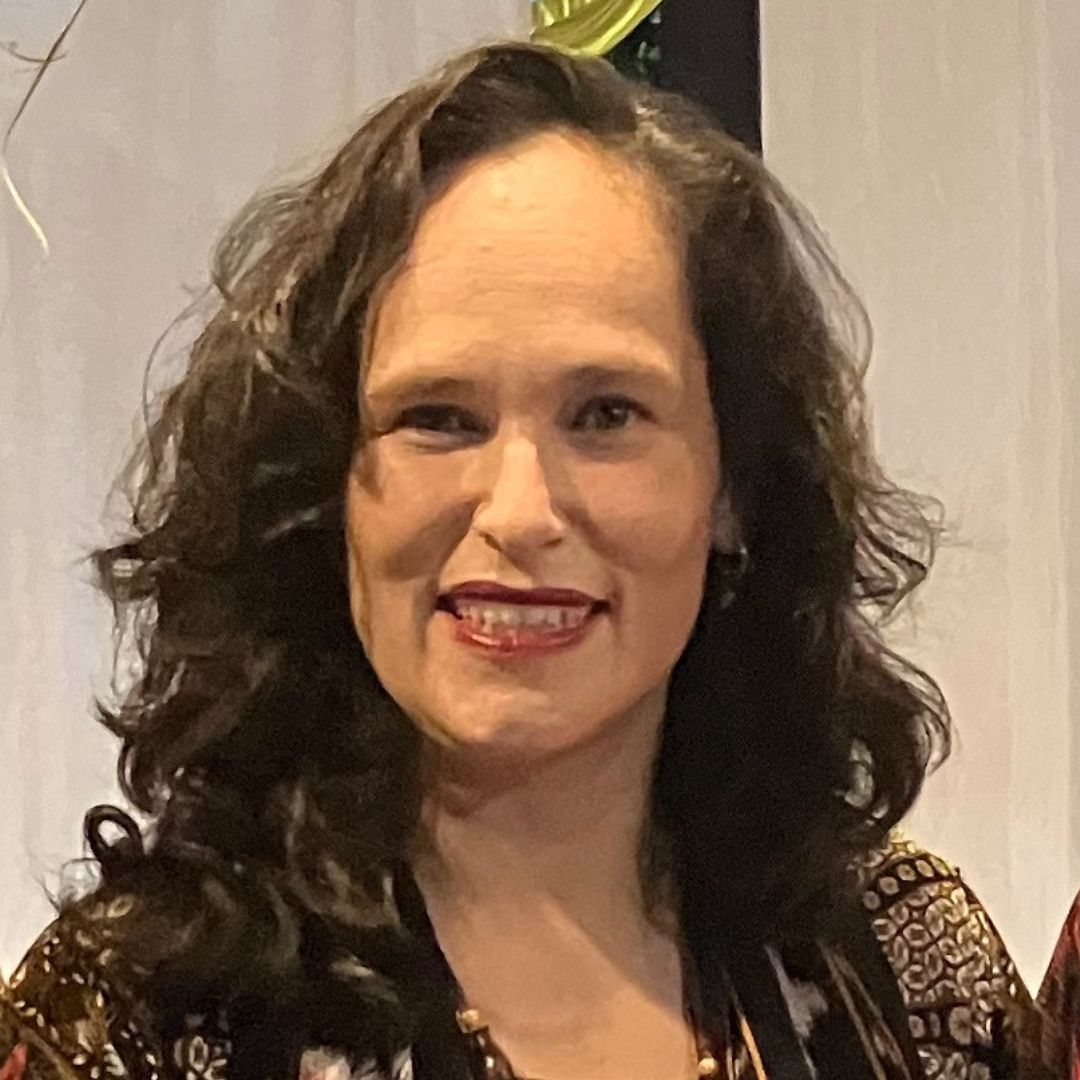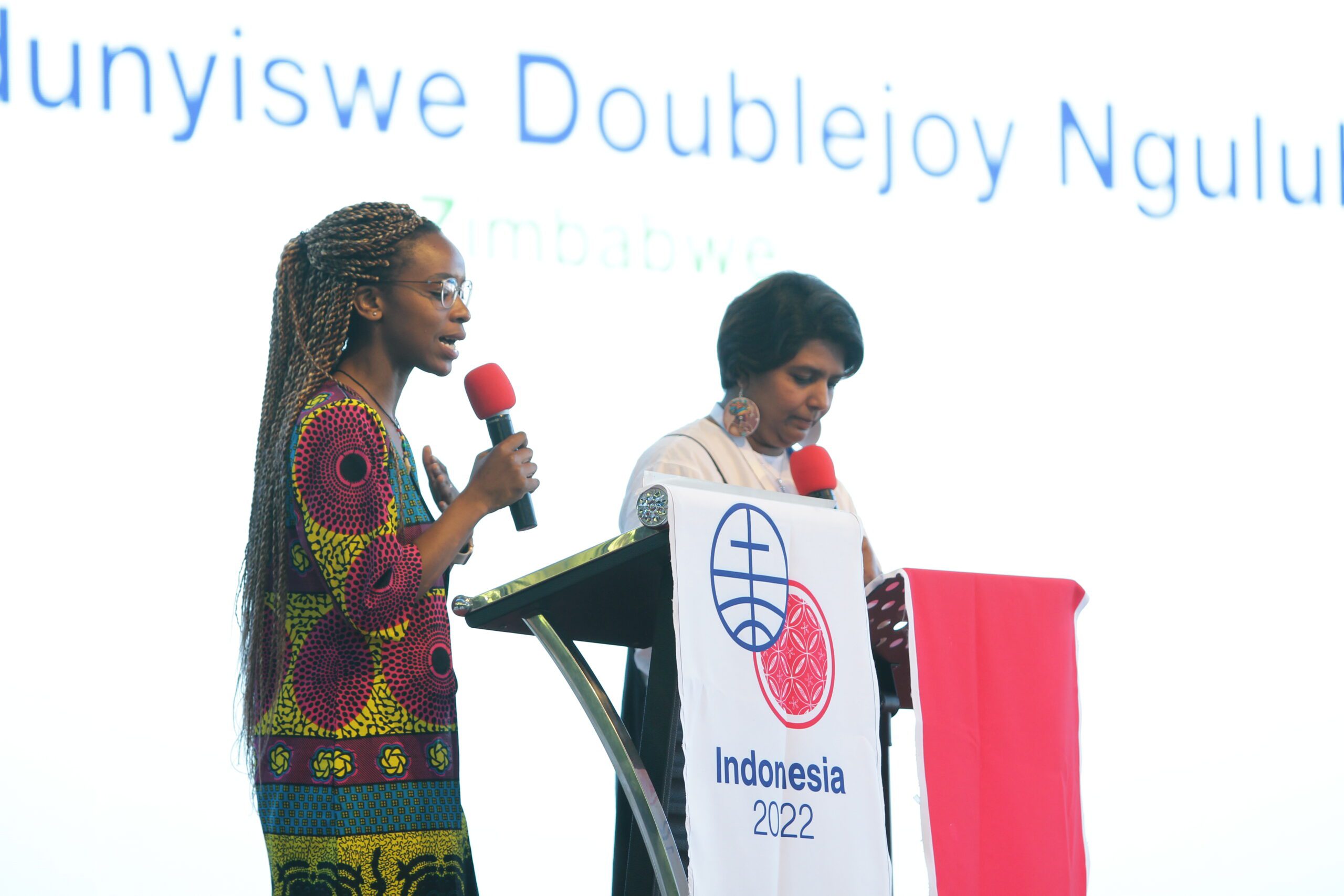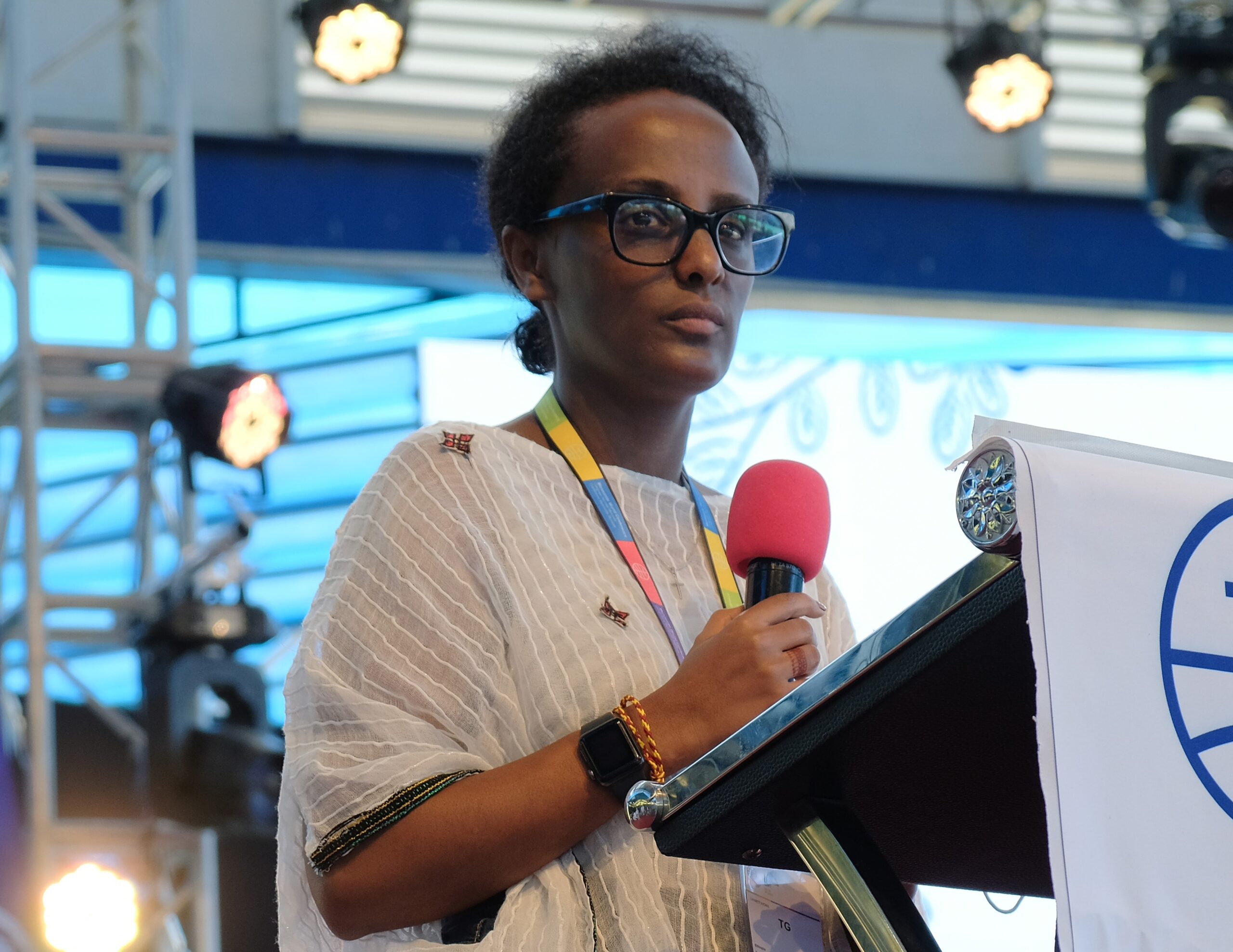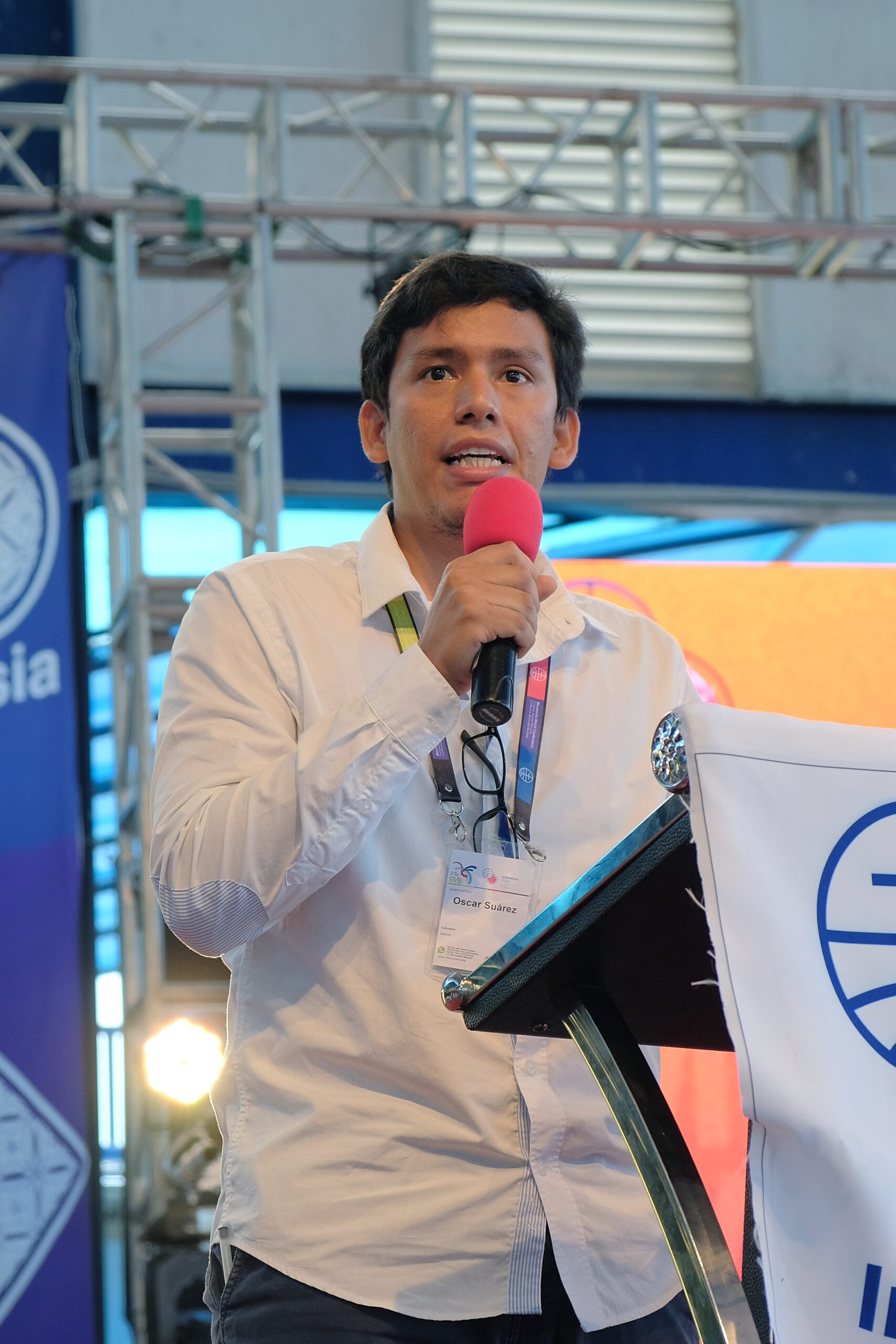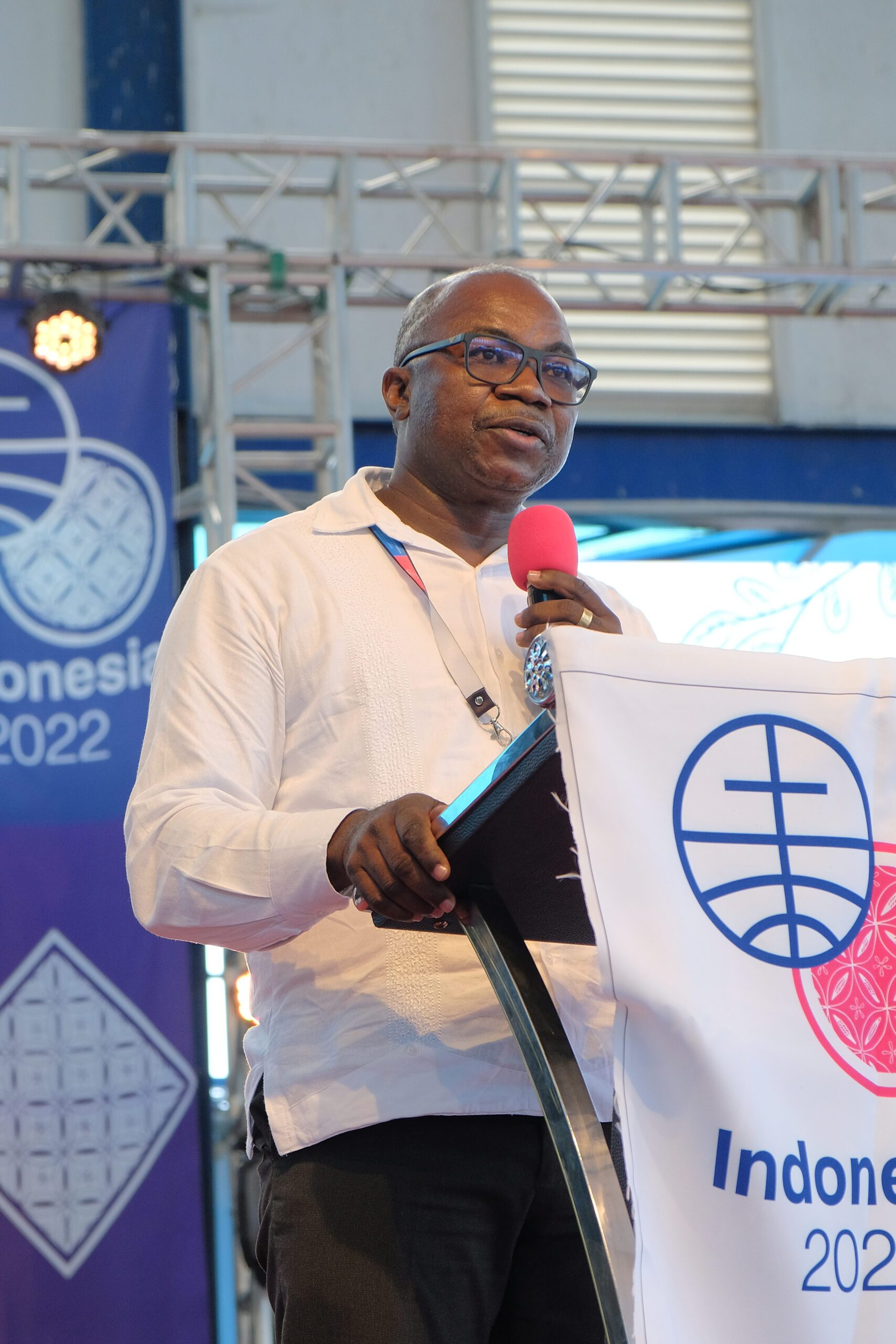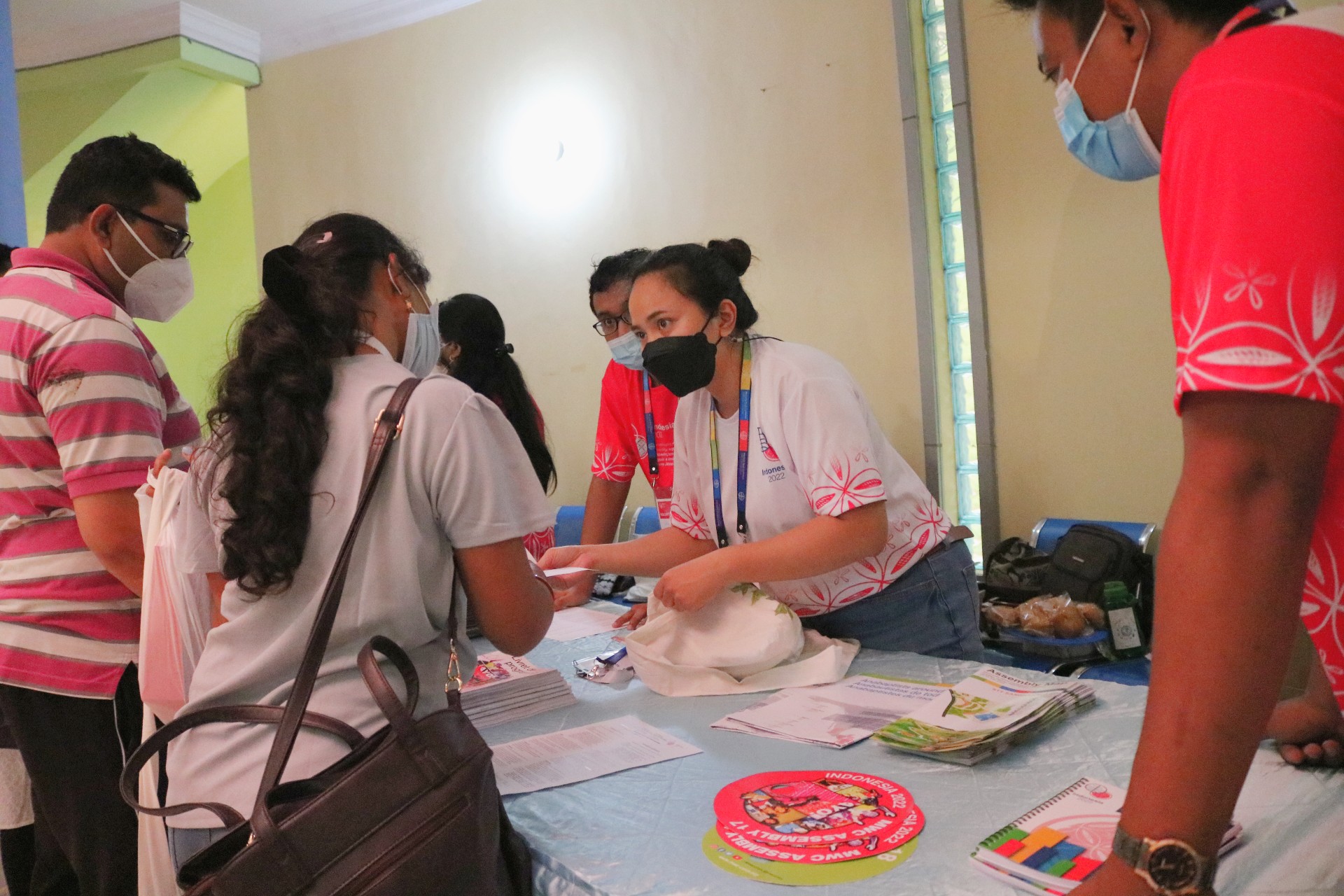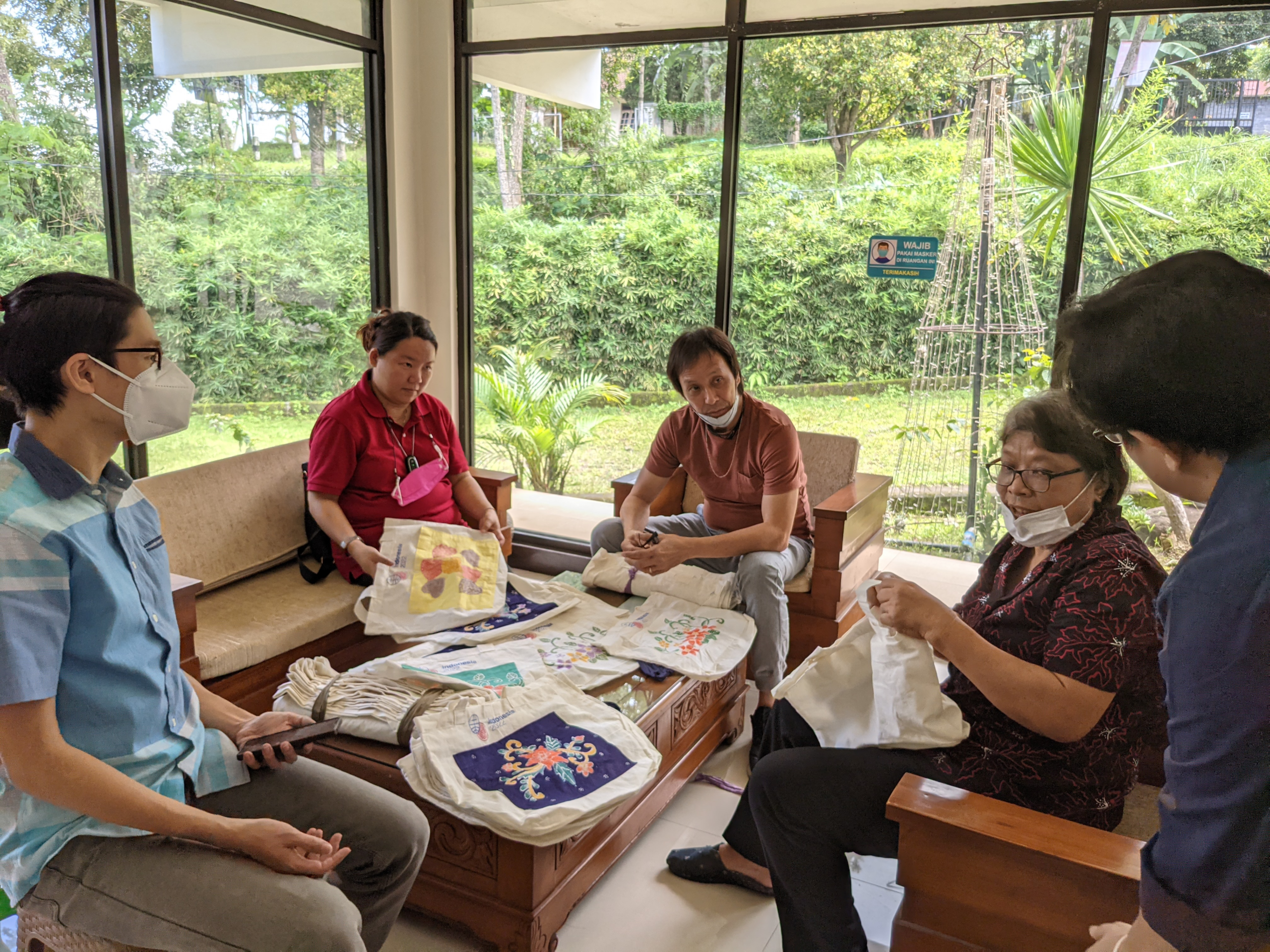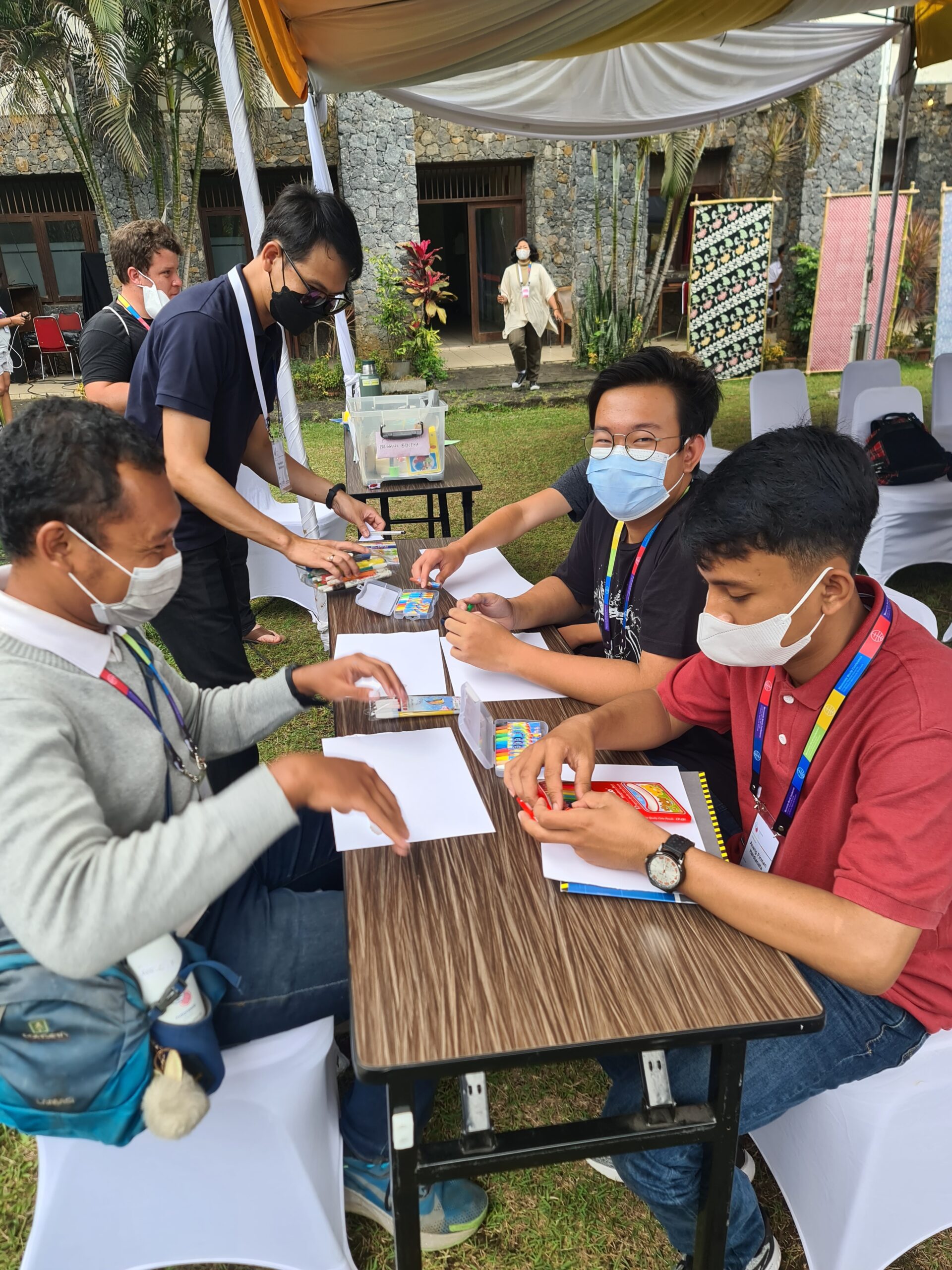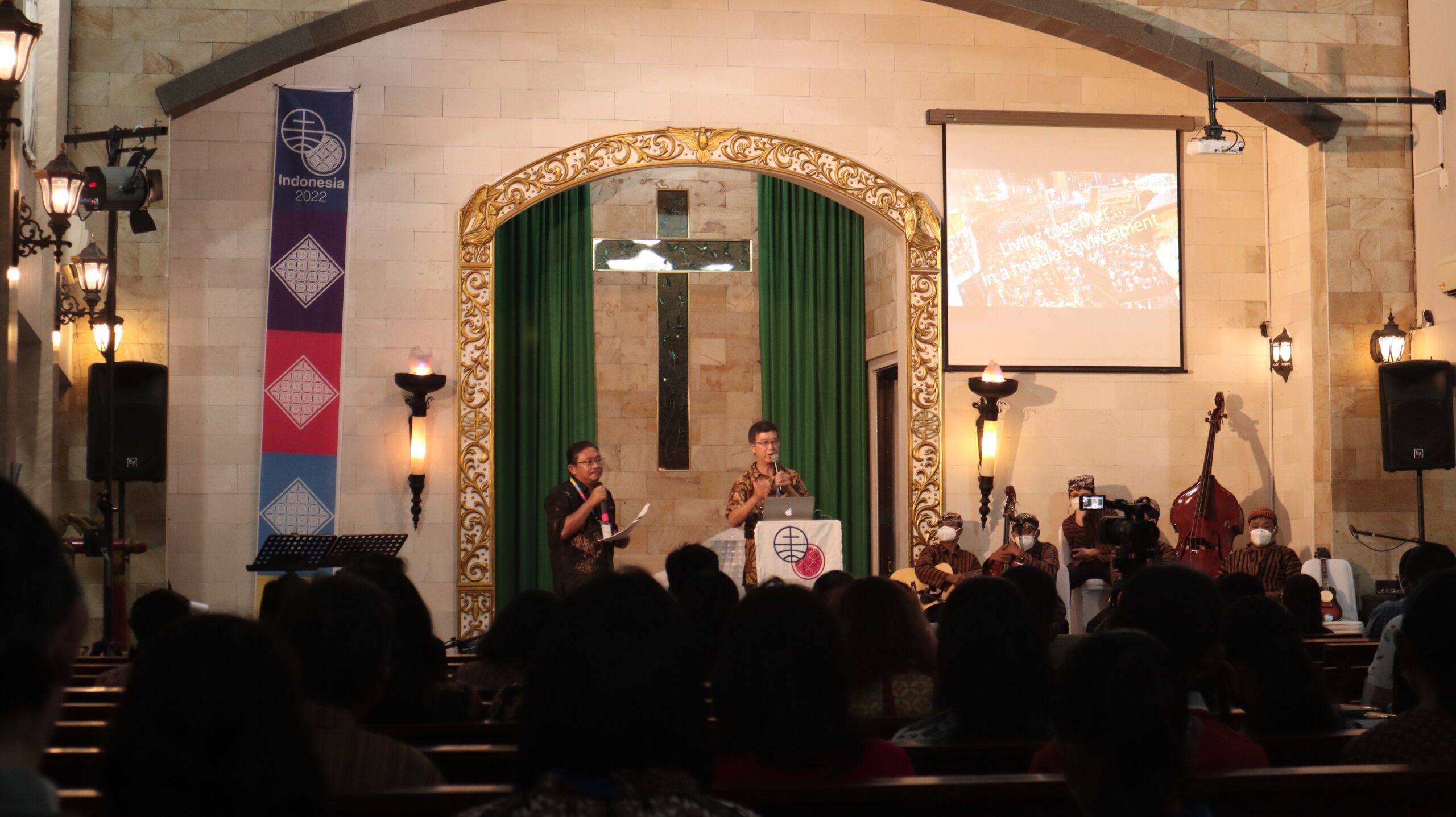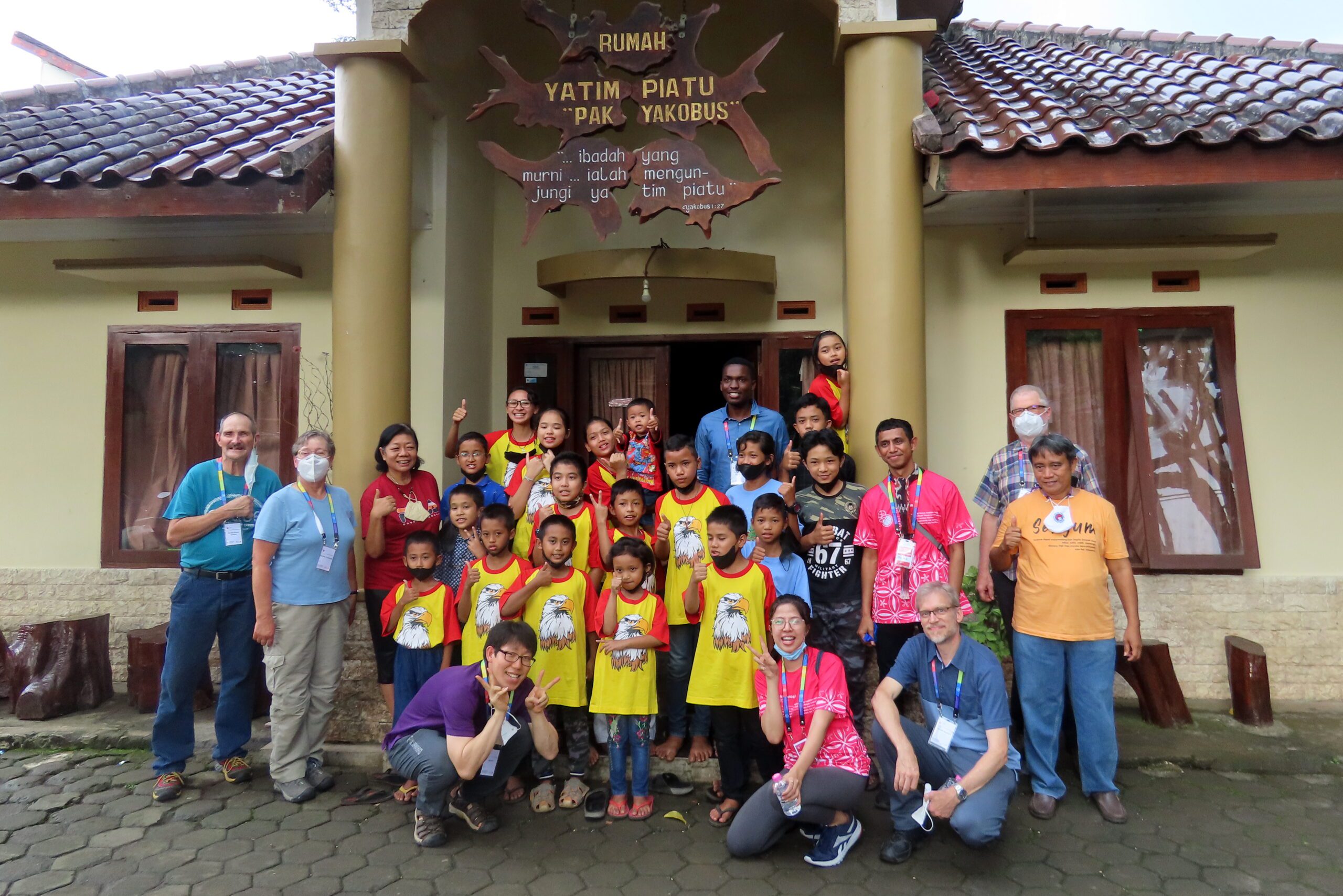-
“Very good” in troubled times
Saturday morning God saw everything that he had made, and indeed, it was very good. This is what Genesis tells us when God had created heaven and earth. God is celebrating the goodness of all creation. Is this still true? Is this “very good” still there in these troubled times? Where is it in the
-
The house of God is never finished
It feels like a big responsibility; however, after four years of being president elect, I don’t know if I’m ready, but let’s begin. In MWC, we work as a team: the officers, Executive Committee, staff – we all work together. I feel honoured and humbled to stand in that line of presidents.
-
Let us mutually care for one another
Friday night Come to me, all you that are weary and carrying heavy burdens, and I will give you rest. Take my yoke upon you, learn from me; for I am gentle and humble in heart, and you will find rest for your souls. For my yoke is easy and my burden is light. (Matthew
-
Intergenerational solidarity relationships
Saturday morning When we think of older generations, we think of those who came before us, the ones whose shoulders we stand on. However, when we think about the solidarity of our relationship with those generations, there seems to be a gap. Intergenerational relationships are of utmost importance. There is immense value in passing on
-
How can I celebrate?
I am tired of war, conflict, hunger, poverty, division, hatred, gun violence, black and white class difference, the oppression of women, slaughter of children and women, fake news, liars and unjust authorities and leaders and so many, many issues that you all are aware of.
-
United in the defence of life: water more precious than gold
Friday morning Once the laws became progressively more flexible during the lockdown we all experienced in 2020, I was able to cycle through the mountains in my home city. Although we were not allowed to mill about on the street, we were allowed to go out and do sports for a few hours at a
-
Interethnic and ecumenical work in violent contexts
Friday morning Ephesians 2:14-17 “For he is our peace, in his flesh he has made both groups into one and has broken down the dividing wall, that is, the hostility between us. He has abolished the law with its commandments and ordinances, that he might create in himself one new humanity in place of the
-
Assembly financial update
As the year draws to a close, MWC is finalizing the numbers on the Assembly in Indonesia. “We are very pleased to report that, as of publication time, we met the financial goal of breaking even,” says Chief Operating Officer Jeanette Bissoon. This was MWC’s first time hosting a hybrid event with in-person and online
-
Together across barriers
“Our duty is to bring peace and love.” These words, relayed from Indonesian by a translator at the closing worship service of Mennonite World Conference’s Assembly 17 in Indonesia, came not from one of the featured speakers but from the governor of Central Java. “Our founding fathers gave us this mission of peace,” said Ganjar
-
Living the good life is good and even necessary
Thursday morning “How very good and pleasant it is when kindred live together in unity.” Psalm 133:1 is an affirmation of how the biblical David delighted in the company of his brothers. As a social species, humans need the fellowship of others. Through fellowship, we witness to and live out our faith; it is where
-
We do not lose heart
Thursday night In April, I received an invitation of sharing on the topic “living together in the hostile environment.” The title really stirred my heart. And I think one of the reasons of my invitation is that they know we Hong Kong people were living in a hostile environment in the past few years, an
-
Assembly tours and service projects
Assembly activities Connecting with people is at the heart of MWC Assemblies. Participating in local tourism and serving with local ministries provided another chance to connect. “I get a lot of value and joy out of helping people,” says Daniel Beachy, who signed up for a service activity. “It was a lot of fun planting
